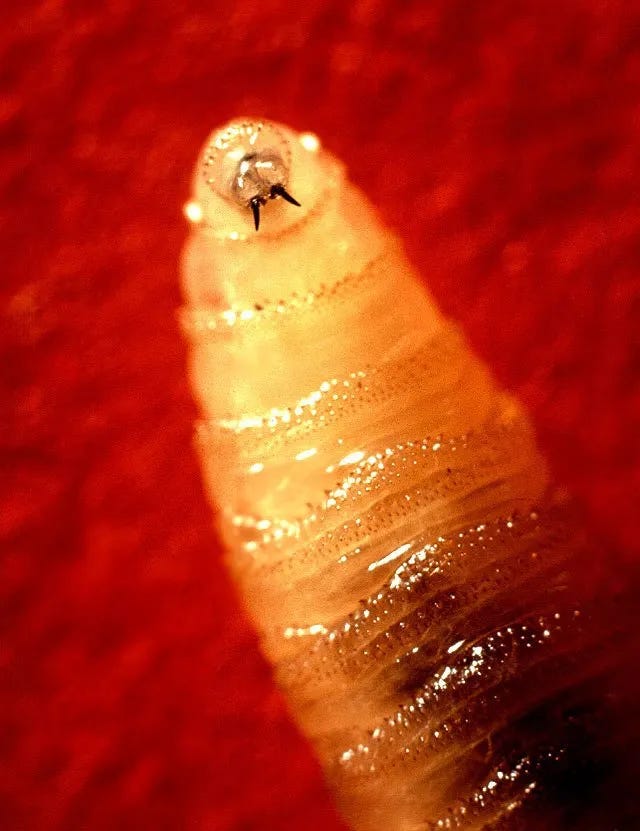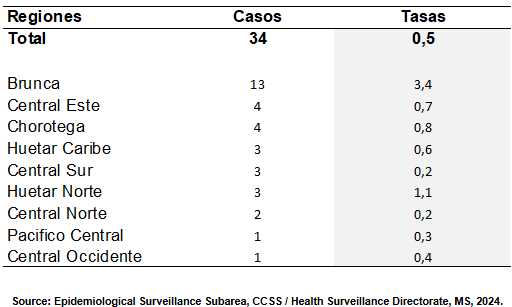The Costa Rica Ministry of Health reported an additional confirmed case of screwworm myiasis in a 3-year-old girl who was initially treated at the Ciudad Neily Hospital for a head injury (scalp) with the presence of larvae, where the sample was taken.
The patient was transferred to the National Children's Hospital, where she was treated by the Reconstructive Surgery Service, the larvae were removed and the wound was surgically washed. The patient is in good health, stable and receiving the respective treatment and follow-up. Case under follow-up.
Screwworm Myiasis in Humans is a notifiable disease, according to the National Guideline for the Surveillance of Screwworm Myiasis in Humans. 34 confirmed cases of this disease have been reported in the country, with the Brunca region accounting for 38 percent of the cases (13).
Health officials remind the public it is of utmost importance to maintain prevention and control of screwworm myiasis, given that the Cochliomyia hominivorax fly continues to circulate in the national territory, so the following measures are provided below:
Maintain personal hygiene, wash your hands regularly with soap and water.
Control, treatment and hygiene of skin lesions according to the recommendations of the treating physician.
Go to a health facility if you have symptoms associated with the disease, such as: pain, discomfort and itching at the site of the injury, redness of the skin, a wound with discharge, a sensation of movement, and often visible eggs and/or larvae can be seen in the wound.
Maintain surveillance and control in the care of animals, carrying out frequent check-ups, as well as healing all wounds and informing the animal health authorities (SENASA) about the appearance of production or domestic animals with worms.






